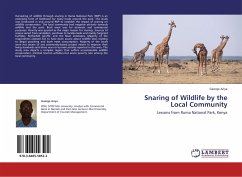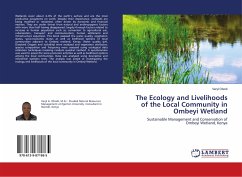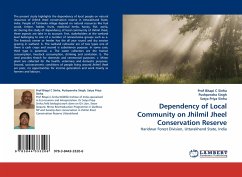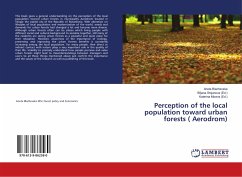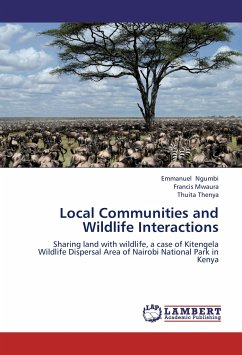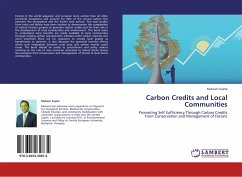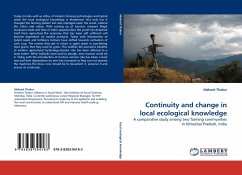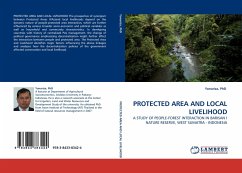Harvesting of wildlife through snaring in Ruma National Park (RNP) is an emerging form of livelihood for many locals around the park. The study was conducted in and around RNP to establish the impact of snaring on wildlife conservation. The local community had negative attitude towards wildlife and the park. Bush meat was for domestic and commercial purposes. Poverty was quoted as the major reason for snaring. Sources of snares varied from vandalism, purchase to locally-made and mainly targeted buffalos, Rothschild giraffe, and the Roan antelopes. Majority of the respondents claimed not to have been aware about wildlife laws relating to illegal poaching and bush meat consumption. Majority of the locals were not aware of any community-based project meant to improve their living standards and there was no tourism activity reported in the area. The study area depicts a complex region that suffers unsustainable wildlife conservation, minimal tourism activities but acute poverty rate among the local community.
Bitte wählen Sie Ihr Anliegen aus.
Rechnungen
Retourenschein anfordern
Bestellstatus
Storno

